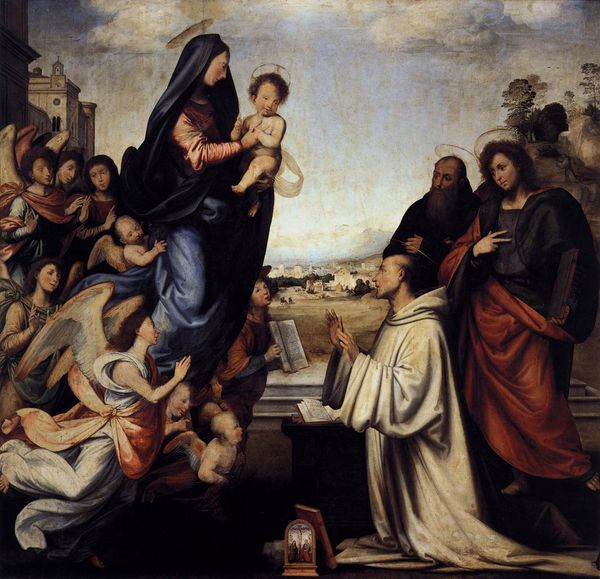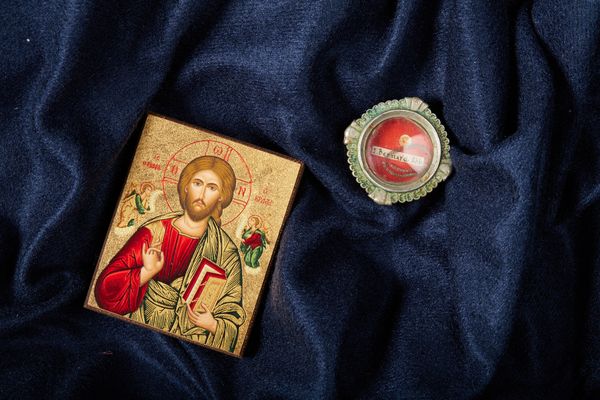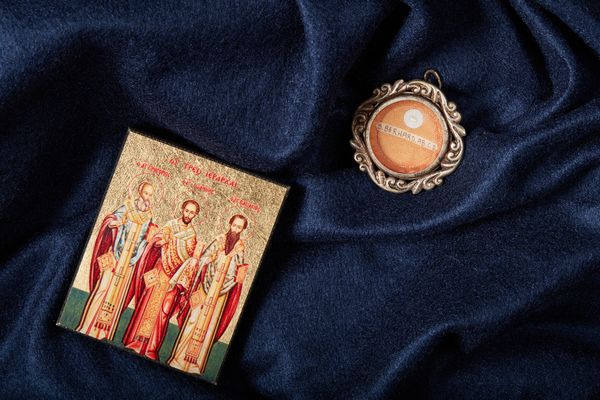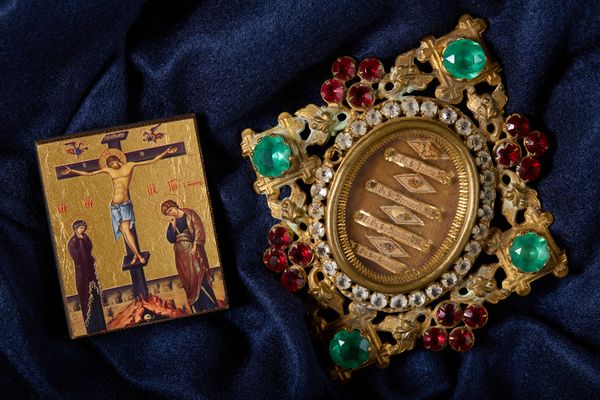Abbot and Doctor of the Church, St. Bernard was born in a noble family in Burgundy, France, in the castle of Fontaines near Dijon. Under the care of his pious parents he was sent at an early age to a college at Chatillon, where he was conspicuous for his remarkable piety and spirit of recollection. At the same place he entered upon the studies of theology and Holy Scripture.
After the death of his mother, fearing the snares and temptations of the world, he resolved to embrace the newly established and very austere institute of the Cistercian Order, of which he was destined to become the greatest member. He also persuaded his brothers and several of his friends to follow his example. In 1113, St. Bernard, with thirty young noblemen, presented himself to the holy Abbot, St. Stephen, at Citeaux. After a novitiate spent in great fervor, he made his profession in the following year.
His superior soon after, seeing the great progress he had made in the spiritual life, sent him with twelve monks to found a new monastery, which afterward became known as the celebrated Abbey of Clairvaux. St. Bernard was at once appointed Abbot and began that active life which has rendered him the most conspicuous figure in the history of the 12th century.
He founded numerous other monasteries, composed a number of works and undertook many journeys for the honor of God. Several Bishoprics were offered him, but he refused them all. The reputation of St. Bernard spread far and wide; even the Popes were governed by his advice. He was commissioned by Pope Eugene III to preach the second Crusade. In obedience to the Sovereign Pontiff he traveled through France and Germany, and aroused the greatest enthusiasm for the holy war among the masses of the population.
Bernard composed a rule for the Knights Templar; it soon became an ideal of Christian nobility. Around this time, he praised them in his Liber ad milites templi de laude novae militiae. Bernard also crafted the rule of the Knights Templar](https://sourcebooks.fordham.edu/source/templars-primitiverule.asp) by which those warrior monks were expected to live vows of poverty, chastity, and obedience. He The failure of the expedition raised a great storm against the saint, but he attributed it to the sins of the Crusaders. St. Bernard was eminently endowed with the gift of miracles.
Credits:
Discriptions of saints lives and biographies have been excerpted, summarized, or compiled from
Franciscan Media,
CatholicSaints.Info,
Catholic Online, and
Wikipedia.



